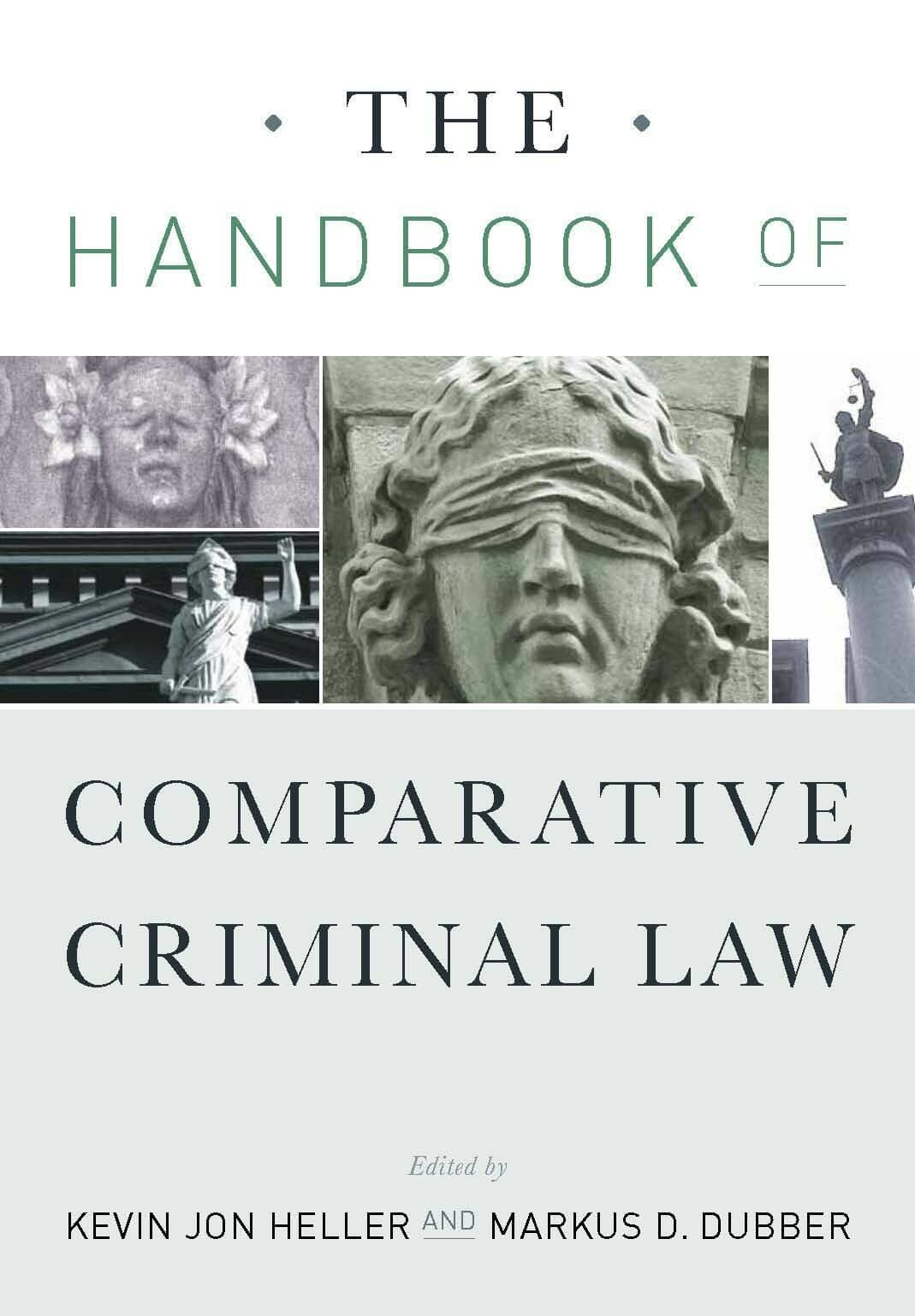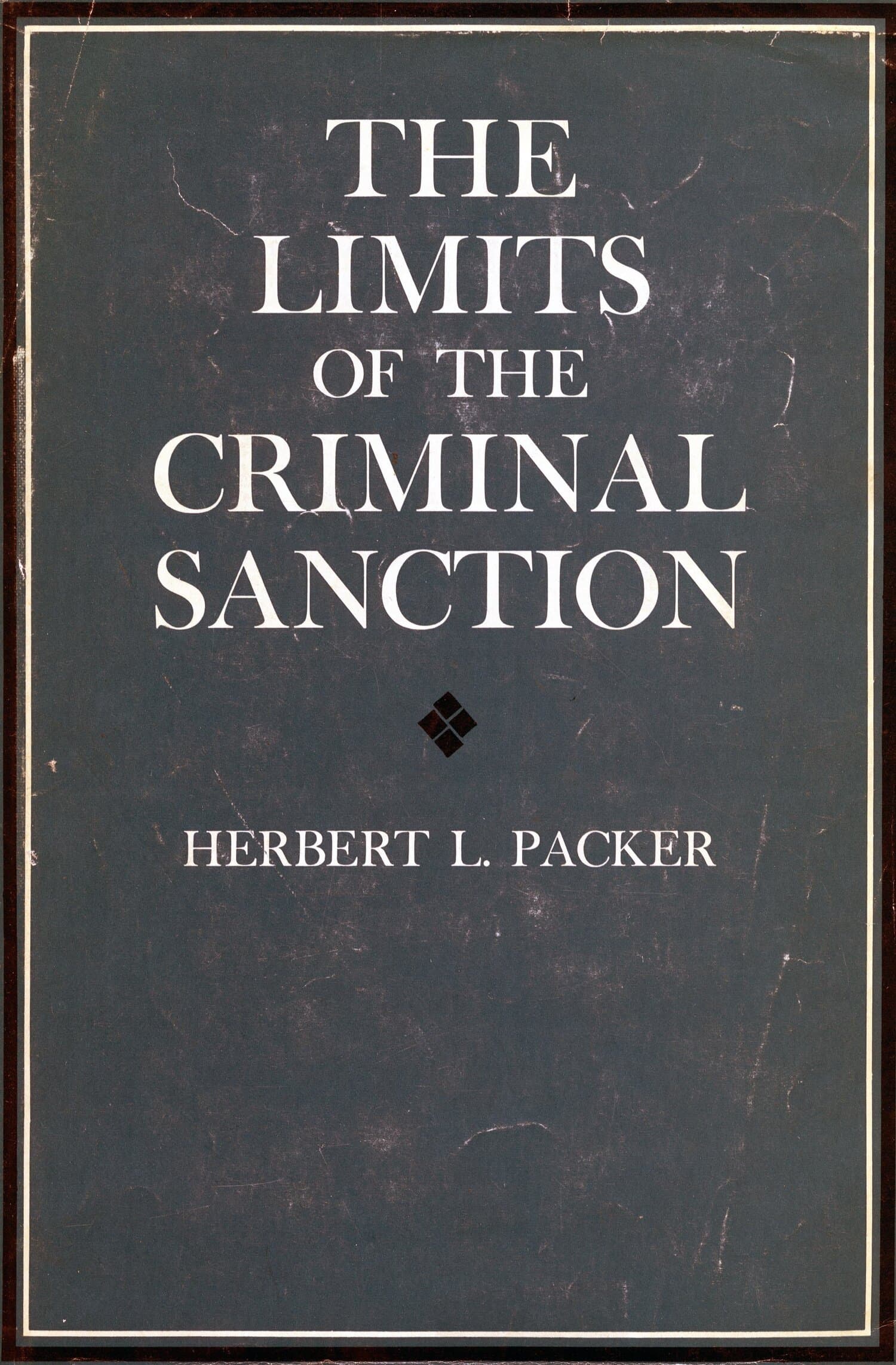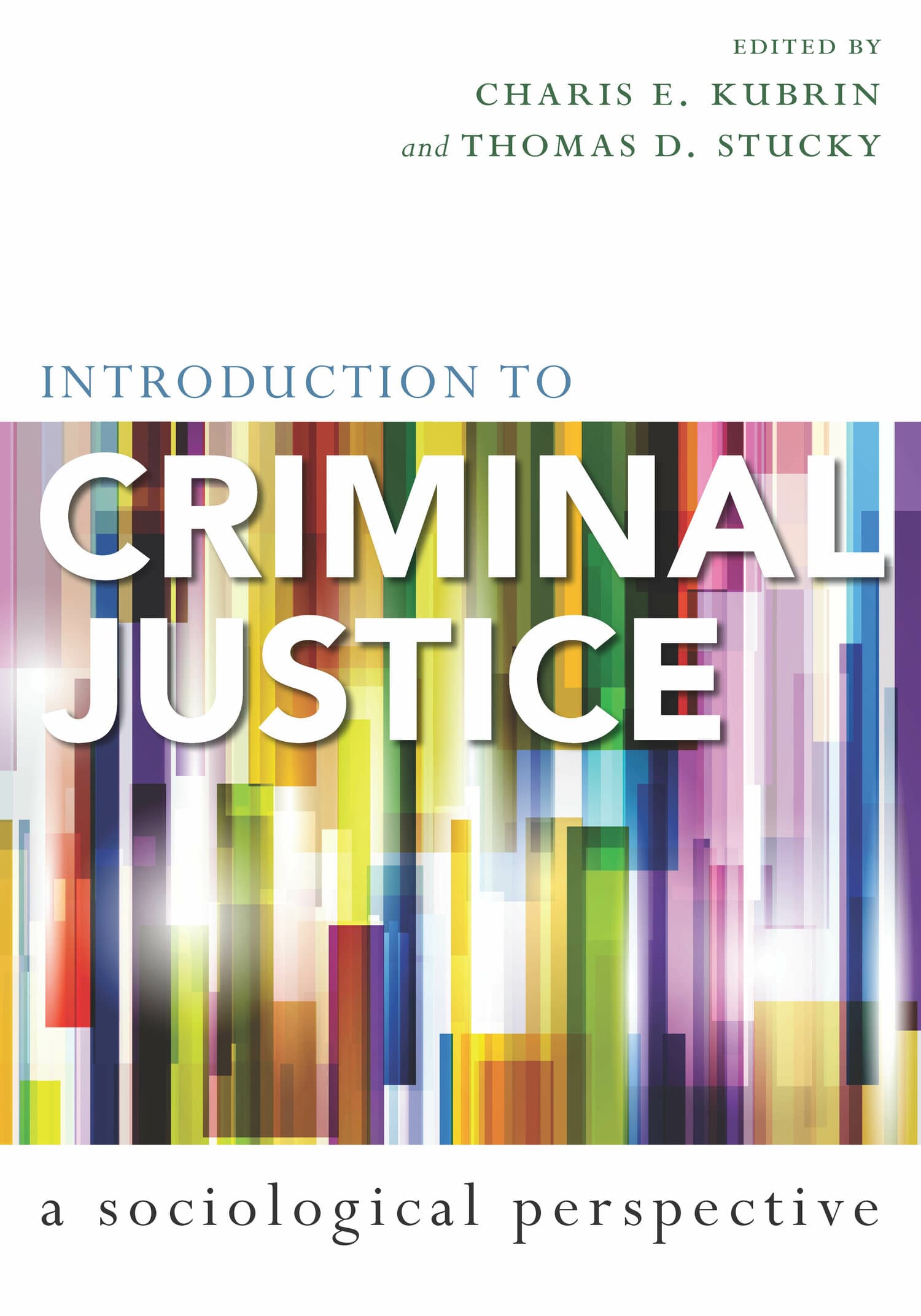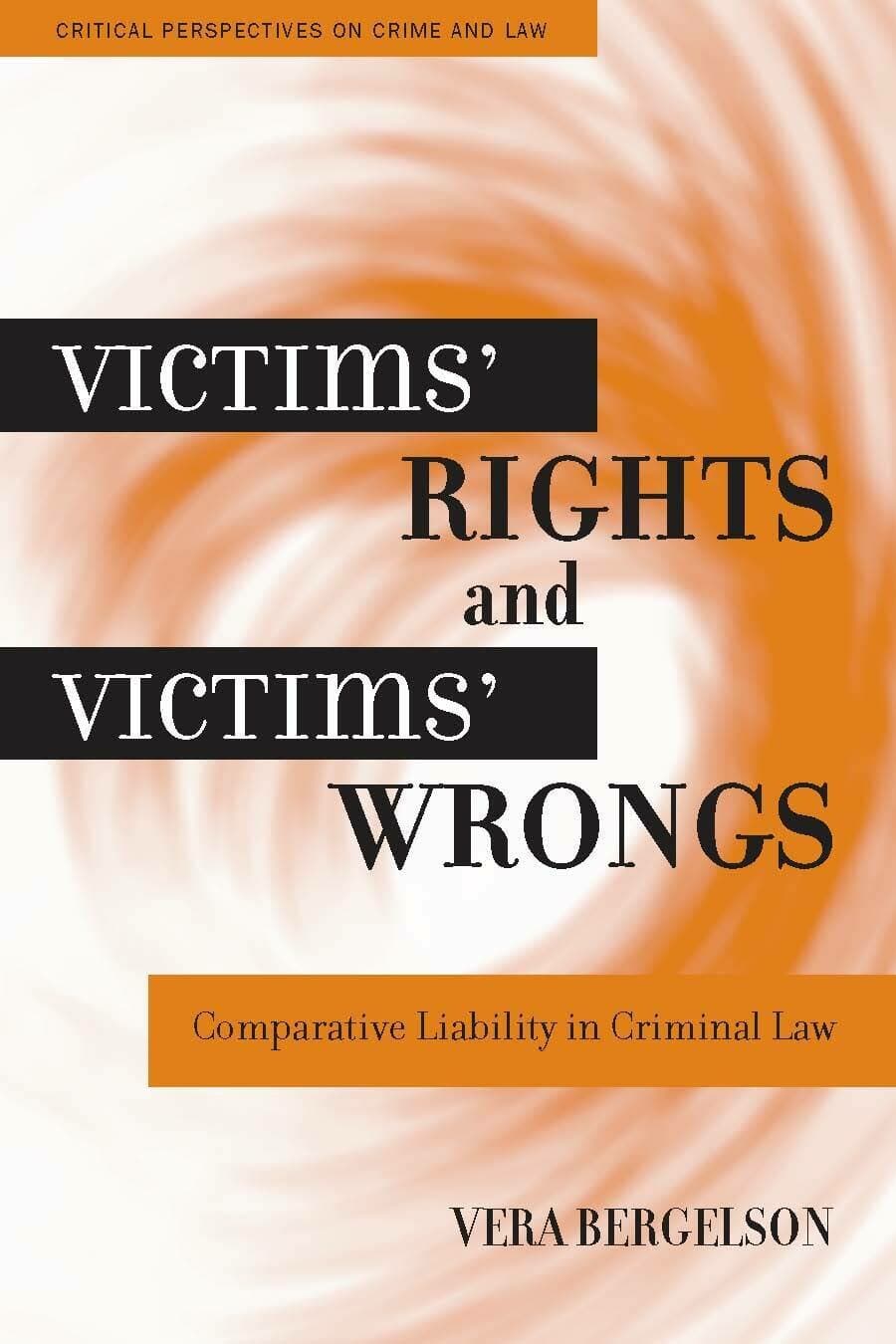The Handbook of Comparative Criminal Law

This handbook explores criminal law systems from around the world, with the express aim of stimulating comparison and discussion. General principles of criminal liability receive prominent coverage in each essay—including discussions of rationales for punishment, the role and design of criminal codes, the general structure of criminal liability, accounts of mens rea, and the rights that criminal law is designed to protect—before the authors turn to more specific offenses like homicide, theft, sexual offenses, victimless crimes, and terrorism.
This key reference covers all of the world's major legal systems—common, civil, Asian, and Islamic law traditions—with essays on sixteen countries on six different continents. The introduction places each country within traditional distinctions among legal systems and explores noteworthy similarities and differences among the countries covered, providing an ideal entry into the fascinating range of criminal law systems in use the world over.
"This book is a breakthrough not only because it pays due regard to comparative criminal studies, which have been largely neglected to date, but also because it covers numerous jurisdictions and thereby moves away from the traditional Eurocentric vision of law inherent to most of the current comparative scholarship . . . Arguably, the Handbook is poised to assist in the first step towards a more balanced and comprehensive system of international criminal law."—Marina Aksenova, Journal of International Criminal Justice
"This useful book gives brief introductions to criminal law in 16 countries plus the International Criminal Court. Six continents are covered, and the legal systems discussed vary widely . . . The book is a good introduction to a specialized area of law not often covered in international law courses . . . Recommended."—P. J. Kontowicz, CHOICE
"The Handbook of Comparative Criminal Law should be judged as a pioneering work in its field, and one that provides something credible to be further built upon in the future. It should also be commended for generally steering clear of passing any normative judgment on the different practices of the different states (especially seeing how some chapters do not appear to be written by locals of the states in question), preferring instead to let the readers draw their own objective conclusions, based on objective characterizations."—Siyuan Chen, Asian Journal of Comparative Law
"The selection of countries for this handbook really provides an overview of criminal law systems throughout the world and the book is definitely a must have! It's a real challenge to gather information about criminal law in countries like Iran or China, and such information makes this book especially valuable."—Tatjana Hoernle, Ruhr-Universität Bochum
"This essential work provides a useful starting point for anyone interested in how central issues of criminal law are dealt with across a wide range of legal systems. The admirably broad coverage encompasses the laws of sixteen nations across six continents, including some only rarely, and less comprehensively, dealt with in English."—Stuart Green, Rutgers School of Law
"This book offers a rare combination of panoramic geographical reach with telling national detail and so provides an invaluable tool for thinking about where societies converge and diverge on all the perennial questions, including the proper ambit of criminal law, the severity of its sanctions, and the relative importance of its central purposes. The tightly integrated chapters, by leading scholars in their respective countries, invite us to ask why countries are harmonizing their criminal law in some respects, while preserving major differences in others. We are also lead to wonder how it is that several modern societies—all avowedly 'liberal' in their self-understandings—differ so deeply in their view of what liberalism really requires of us when criminalizing serious wrong."—Mark J. Osiel, University of Iowa




